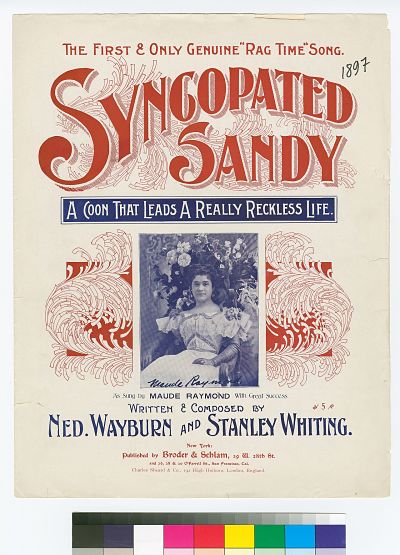Racism.
Dead African-Americans.
Dead officers.
These are bad things.
The temptation is to use stronger words, but bad is perfect. The murders and centuries of slavery, Jim Crow, whitewashing, stereotyping, are a decent definition of bad. Thinking a problem is solved when the group impacted by the “problem” knows it continues is itself part of the problem. Everybody who is decent wishes racism was gone and it has not.
Unconscious, unintentional racism (“those people”) is wrong. Being “color blind” is wrong, when color still matters. We don’t live in Paradise and pretending we do is wrong.
So what should Americans do?
I don’t know.
If you do know, then tell the rest of us. I read left, right, and everything in between. I read Christians, atheists, and every religion I can find. I don’t know anyone that knows what to do and I must begin by saying: God help me, but I do not know. I hate dead policemen, racism, and dead African-Americans, but I don’t know what to do.
We need to stop repeating slogans or fitting this present problem into our predetermined paradigms. It is not helping or working.
As a Christian, I am convinced that Jesus is the answer, but those in the “white” community have so abused “Jesus” (not the real Jesus) that the truth at the heart of the Gospel is hidden from most Americans. Besides, repeating the big answer when the problems are often particular and peculiar to an individual human heart, my heart, is useless.
I need to change, but how, where, and in what ways?
Realize the heart of the problem is racism toward African-Americans.
Nothing justifies killing policemen.
We can say that and still acknowledge that though we wish it were not so, the heart of the problem is race. Are there race baiters, hustlers, and a grievance industry? Of course, there is. Are there Klansman and young racists becoming more outspoken on social media? Of course, there are.
These outliers are not the heart of the problem. We have a burden of history, present mistakes, privileges we do not earn. Nobody is righteous.
Even saying we should “talk” or “acknowledge” the problem is no good. It has all been said before now.
Instead, the time has come for those not in the African-American community to stop “dealing with the problem” and hearing those who have been, are being, and will be hurt by racism in America.
Black lives matter.
Saying this, particularly this, matters in America, because black Texans still alive saw lynching celebrated as a civic event, the Klan as a mainstream group, and still live uniquely devalued.
Our former chief of police, a very good man, shared horrible dehumanizing stories to my college students that happened to him as a young man . . . and continue to happen. Our popular culture has devalued African-American lives for centuries. You do not have to look hard: crayon colors, Band-Aid colors, pop culture, stereotypes in textbooks. The problem isn’t finding examples . . . it is in finding examples that are not so offensive they are unrepeatable.
You do not have to look hard: crayon colors, Band-Aid colors, pop culture, stereotypes in textbooks. The problem isn’t finding examples . . . it is in finding examples that are not so offensive they are unrepeatable.
So what should I do?
Listen.
A good habit is to relate your own experiences to those of other people. This has limits and race in America is one of those limits. Nothing is like race in America. Nothing. No other group spent hundreds of years in brutal slavery. No other group faced a “liberation” never completed and being treated as “not normal” Americans.
So I must begin by listening.
Part of listening is being quiet . . . and so I shall go off and read relevant texts, listen to voices in the African-American community, and pray for the grace to stop “solving” the problem and listen to solutions from within the suffering community.
Listen.











